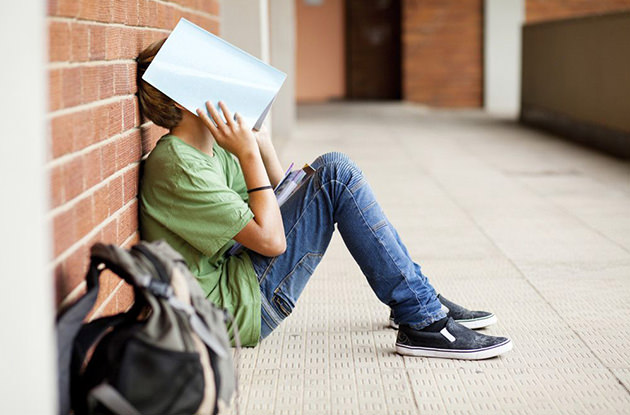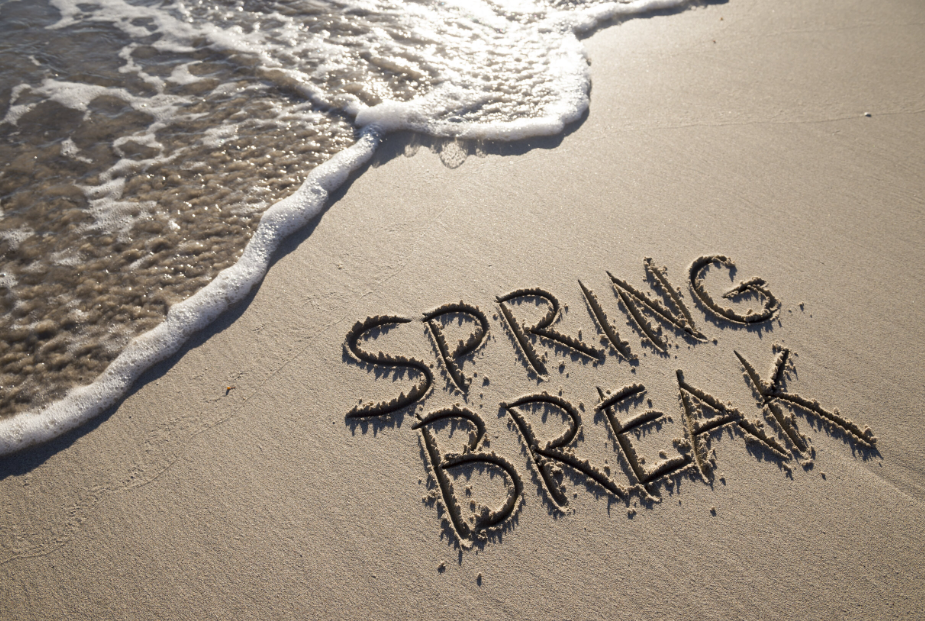Teen Stress Rates Soar due to Academic Pressure
October 19, 2017
Now more than ever, teenagers living in America are suffering from increased levels of stress and anxiety, which is beginning to affect them both mentally and emotionally. The question is why.
According to a recent New York Times article written by Benoit Denizet-Lewis, anxiety is defined as “the overestimation of danger and the underestimation of our ability to cope,” and is “the most common mental-health disorder in the United States, affecting nearly one-third of both adolescents and adults.”
In 1985, only 18 percent of adolescents reported feeling excessive amounts of stress and anxiety. This number soared to 62 percent in 2016, according to the American College Health Association.
While anxiety and stress are normal as fight-or-flight responses, escalated concern and pressure can have damaging outcomes. Much of this stress faced by teens today comes from school and other academic matters.
Another leading cause is that a majority of teenagers have the notion that they are not good enough, according to the Times article. No matter how hard they work or try, they pressure themselves because they could have done better. In other words, teenagers are overly obsessive about being perfect can face serious mental health issues.
As mentioned in Denizet-Lewis’ article, Suniya Luthar, a professor of psychology at Arizona State University, says that “there’s always one more activity, one more A.P. class, one more thing to do in order to get into a top college. Kids have a sense that they’re not measuring up. The pressure is relentless and getting worse.”
This trend of anxiety is no different throughout the WHHS community.
“What stresses me out? That’s a good question. School stresses me out,” says freshman Mikey Goldman.
Many freshman and sophomore students shared that their most stressful classes are either english, biology, or history.
WHHS faculty, including history teacher Evan Saperstein, are in agreement with these students, and are not afraid to acknowledge that “having so much homework in all of your classes can create stress. That’s understandable.”
Aside from the classroom environment, outside forces can also cause teens to become worrisome.
Emily Lewis, also a freshman, speaks for herself and her friends when reflecting on the difficulties of beginning high school by commenting that, “by entering high school, we were forced to grow up. In middle school we were still playing with dolls. I don’t want to disappoint my parents.”
Even without parental influence, as Luthar mentions in Denizet-Lewis’ article, teens “never get to the point where they can say, ‘I’ve done enough, and now I can stop,’” which is what leaves teen stress as a continuous problem.
Although entering high school may be stressful, hate to say it, as the years go on it seems to get more and more stressful. Therefore, upperclassmen were interviewed as well.
Starting with our juniors, who are in their most rigorous year of high school, school and keeping up with grades is their main cause of stress.
We asked a junior and excessive dancer, Olivia Alboher, what it was like juggling all her hours of dance with the tough course of her junior year, she answered “I try to get all my work done right away after dance, and when I’m all done before bed I try and take the time to relax.”
Even sophomore Abbey Weltman is starting to feel the stress of high school. Her participation in three sports contributes to her stress. “School makes me 1,000 percent stressed, my sports about 50 percent. They sometimes help break away from my stress, but it is still hard to balance school, soccer, basketball, and lacrosse,” Weltman never really gets an off season from her stress.
When informed on this widespread issue of teen anxiety, several students were eager to share their opinions on how this problem can be solved, or at least reduced.
Freshman Courtney Ruedt believes that “teachers should assign less homework” to give teens more of a break from their almost seven hours a day spent in the classroom.
“All teachers should use one grading system and should not assign so many tests in one day,” said sophomore Angela Reyzelman.
Saperstein encourages teens to get good amounts of sleep and to “find outlets, whether it be sports, clubs or other extracurriculars, outside of the classroom to reduce stress.”
High school is said to be the best time of our lives, we shouldn’t waste it being stressed, we must find an alternative to make the students enjoy this time more without all the stress coming down on them, leading them to a successful graduation.



















